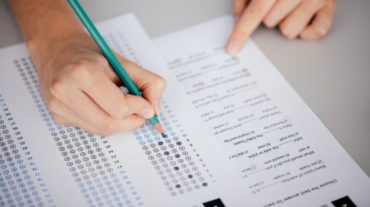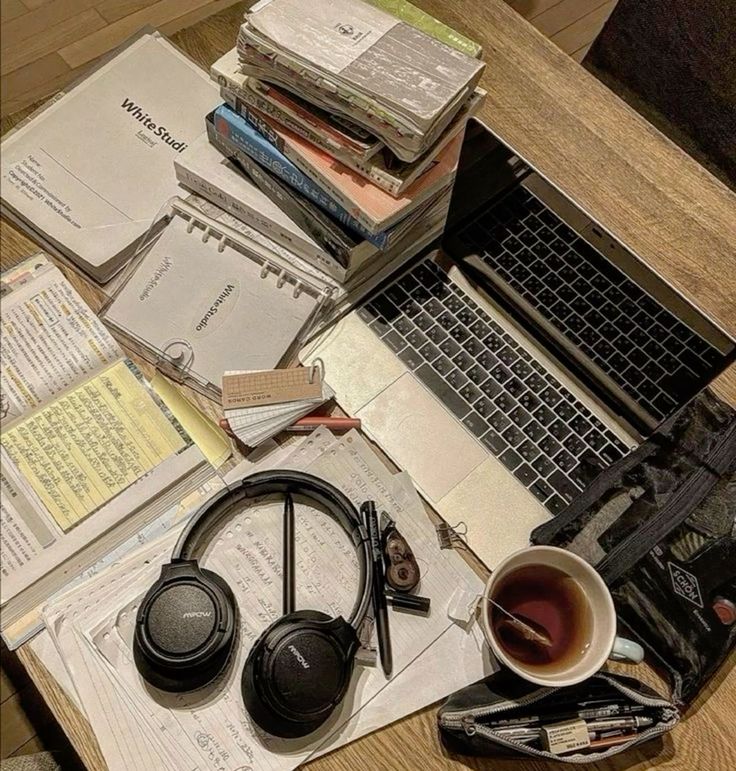
Talking about the SATs usually has me launching into a rant about standardized testing and everything wrong with it. But since @miamalakk has already written a very interesting article about the matter, as well as the fact that despite our railing prejudices the SATs are (unfortunately) still a widely accepted form of assessment, we as mere students, have no choice but to conform to the evils of the education system and start prepping for the examinations which are quickly (WAY too quickly) approaching. And so, I have with great willpower put aside my rants and compiled a quick list of tips and advice for the SATs, that I hope you’ll find helpful!
1. ACT vs SAT
So this one isn’t exactly about helping with prep for the SATs so much as a bit of general advice that really helped me. For those of you that (like me) don’t know, the SAT and ACT are two different standardized tests widely accepted by universities across the USA and Canada, and while they are similar in a lot of respects, they tend to have some key differences that could make one of them more or less suited to you. The ACT, for example, includes a section on science while the SAT does not. So make sure you check out the differences between them and see which one works best for you, and of course, make sure that the university you are applying to accepts the one you have chosen (as some only recognize the SAT).
2. Prep, Prep, Prep
The key to acing the SATs lies in lots and lots and lots of practice (yes it is tiresome, but it must be done). No matter how good or bad you might be at, say, linguistics, the SATs (and ACTs) have a very specific style of questions and require you to approach them in a very specific way. So the best way to make sure you do well in them is to get accustomed to the style of questions and mode of answering, by practicing loads and loads and loads of past paper questions. Enjoy!
3. Past Papers (and doing them, yes, under timed conditions)
This is quite possibly the worst thing about exams- the pressure of time constraints. The SATs are timed tests and (especially if you tend to completely lose it under pressure like I do) practicing past papers under timed exam conditions can be invaluable. In a 3 hour long test, knowing how to effectively split your time can make the difference between a bad and good scorel. The general consensus is that students have about 1 minute and 10 seconds per question, however, the varying difficulty of questions, means that doing past papers can help you figure out where your strengths and weaknesses lie, and help you plan a strategy for your test. Also, as terrible as it is to voluntarily subject yourself to the pressure of timed conditions, doing a lot of practice papers in exam conditions will make you feel a lot more confident and a whole lot more in control!
4. The Great Optional Essay Debate
So, as indicated by the name, this pretty much comes down to you. You get an additional 50 minutes to the test if you choose to write the essay which will be graded across three different categories: Reading, Analysis, and Writing, for each of which you are given a score between 2-8. Some universities require it, while others don’t, so it largely depends on which one you are applying to. And even if you are applying somewhere that doesn’t require it, if the university is a particularly competitive one, receiving a good score on the essay could give you that extra boost you need. However, keep in mind that a bad score could be worse than actually writing the essay at all, and it makes for an extra section of the test to study for (funstuff). So make sure you research the requirements of the university you are applying to and think your choice through well in advance!
That pretty much covers most of the tips I have for you guys, of course, there are loads more minor ones like making sure you don’t get stuck and spend all your time on a hard question (one must move on, no matter how frustrating), choosing an SAT guide suited to your style of learning (don’t just pick the first terrifyingly thick SAT guide you see in the bookstore) and please for the love of nutella do NOT colour in the wrong answer bubble- but these kinds of tips generally tend to be common sense ones, so I’m sure they seem redundant. As a last piece of advice, keep in mind that no matter how it goes the scores of this (really quite questionable) test do not in any way define your worth and if you aren’t able to get the scores you wanted, you do always have the option to retake them. AND, a lot of universities in the US have recognized the disruptions that have occurred as a result of the Covid health epidemic and have gone test optional! I hope this has helped all the struggling SAT preppers out there- work hard, don’t stress and good luck!
written by: rachel dayis













